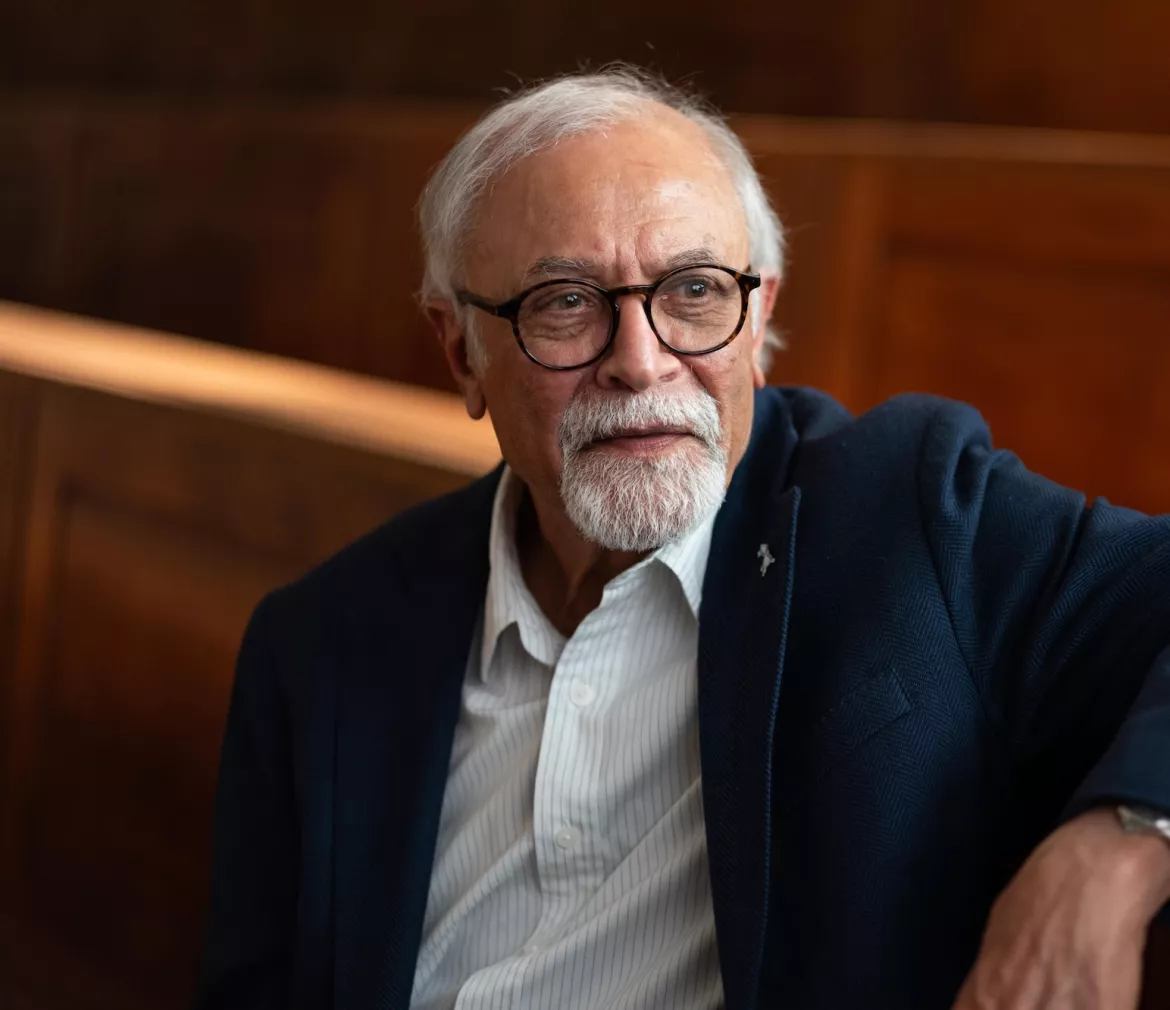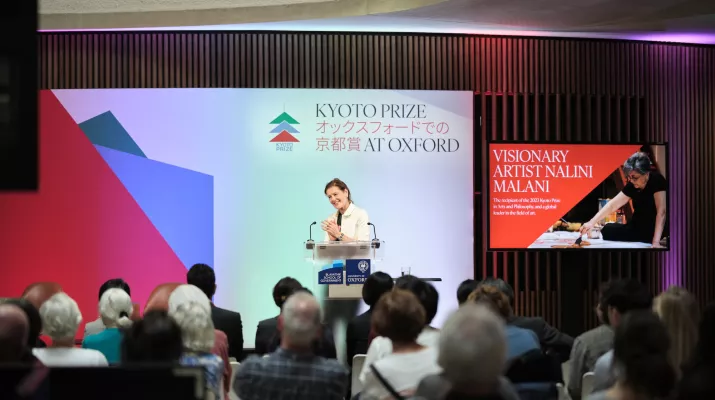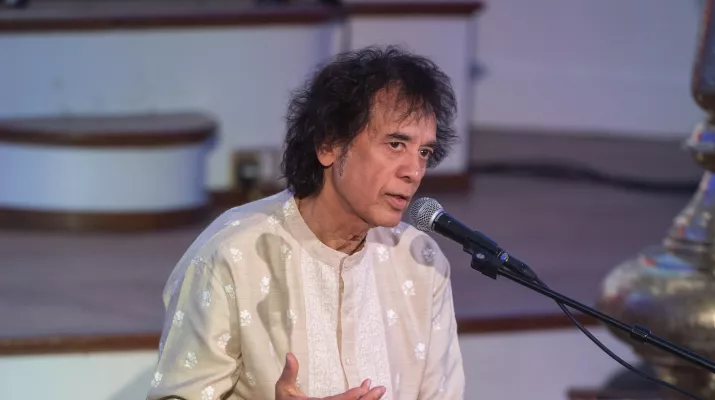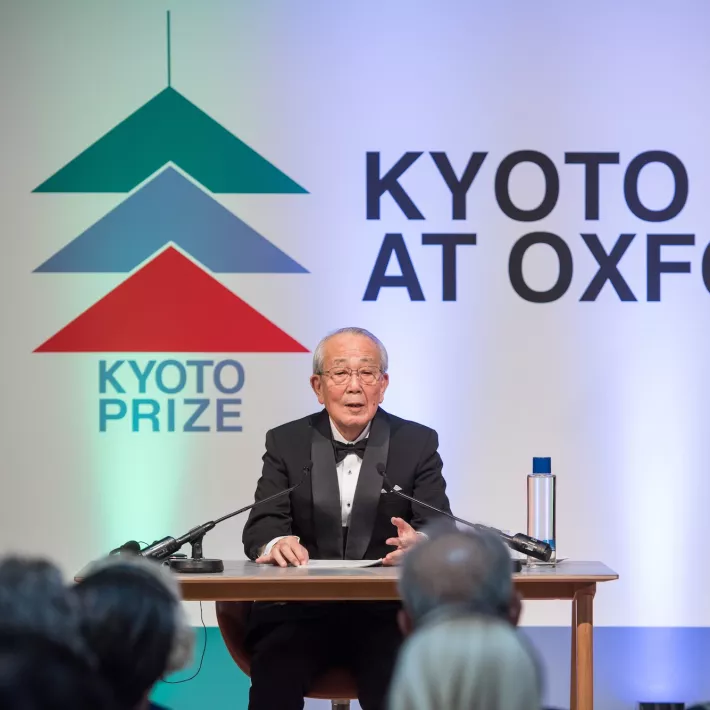Kyoto Prize at Oxford ようこそ
The Kyoto Prize is an international award, organised by the Inamori Foundation, to honour those who have contributed significantly to the scientific, cultural, and spiritual betterment of humankind.
The Blavatnik School of Government is honoured to bring the Kyoto Prize Laureates to Oxford for a series of events each May – the Kyoto Prize at Oxford.
Innovators & Visionaries
The Kyoto Prize recognises individuals who have made remarkable contributions to science, culture, and spirituality.
Join us in celebrating their achievements and exploring their groundbreaking work.
2025 Kyoto Prize Laureates
Shun-ichi Amari
A mathematical engineer who made pioneering contributions to opening up theoretical foundations of artificial intelligence and established the field of information geometry.
The Inamori Foundation is pleased to present the 2025 Kyoto Prize in Advanced Technology to Shun-ichi Amari.
2025 Kyoto Prize Laureates
Carol Gilligan
A psychologist who pioneered a new horizon for the "Ethic of Care" while pointing out the distortions and limitations of conventional psychological theories.
The Inamori Foundation is pleased to present the 2025 Kyoto Prize in Arts and Philosophy to Carol Gilligan.
2025 Kyoto Prize Laureates
Azim Surani
A developmental biologist who discovered genomic imprinting in mammals and elucidation of its molecular mechanisms.
The Inamori Foundation is pleased to present the 2025 Kyoto Prize in Basic Sciences to Azim Surani.



Featured News
Dive into engaging articles and valuable insights from the world of academic excellence and innovation. Discover the latest research, stories, and perspectives shared by Kyoto Prize laureates, scholars, and experts, shaping the future.





